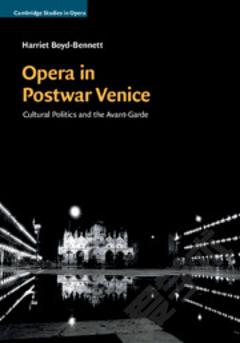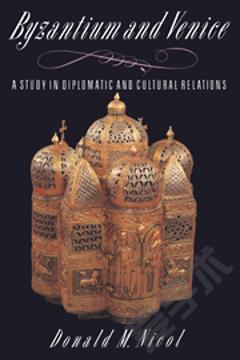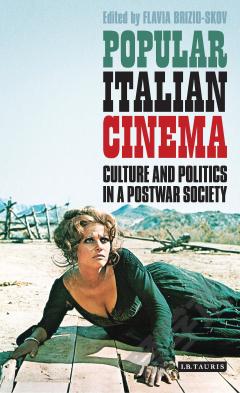Opera in Postwar Venice: Cultural Politics and the Avant-Garde
Beginning from the unlikely vantage point of Venice in the aftermath of fascism and World War II, this book explores operatic production in the city's nascent postwar culture as a lens onto the relationship between opera and politics in the twentieth century. Both opera and Venice in the middle of the century are often talked about in strikingly similar terms: as museums locked in the past and blind to the future. These clichés are here overturned: perceptions of crisis were in fact remarkably productive for opera, and despite being physically locked in the past, Venice was undergoing a flourishing of avant-garde activity. Focusing on a local musical culture, Harriet Boyd-Bennett recasts some of the major composers, works, stylistic categories and narratives of twentieth-century music. The study provides fresh understandings of works by composers as diverse as Stravinsky, Prokofiev, Verdi, Britten and Nono.
{{comment.content}}








 京公网安备 11010802027623号
京公网安备 11010802027623号